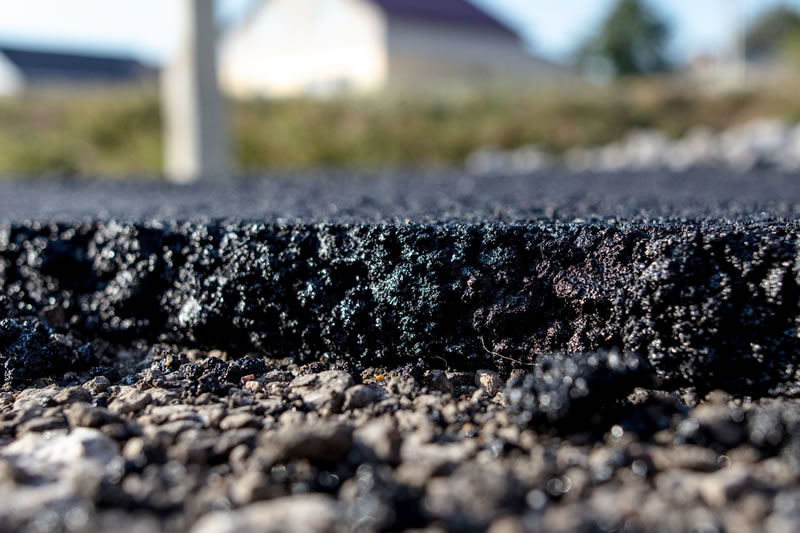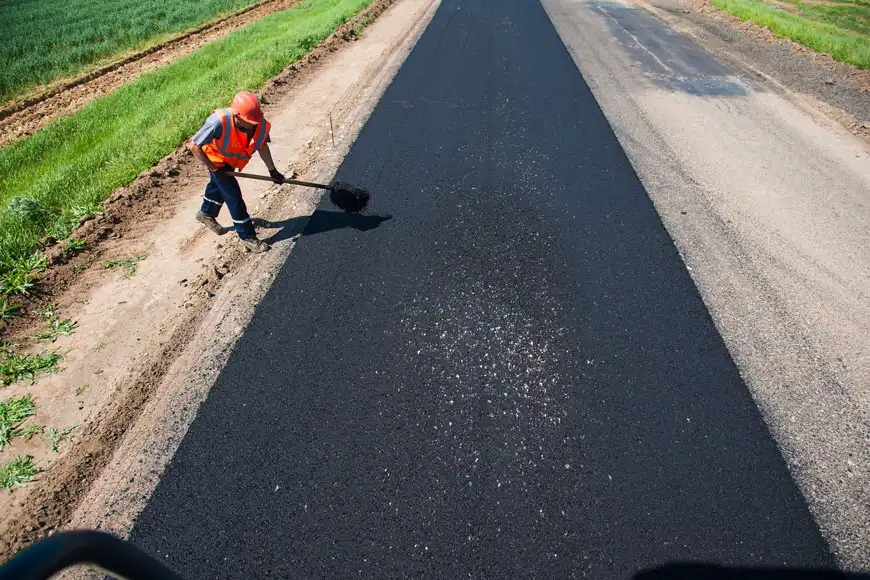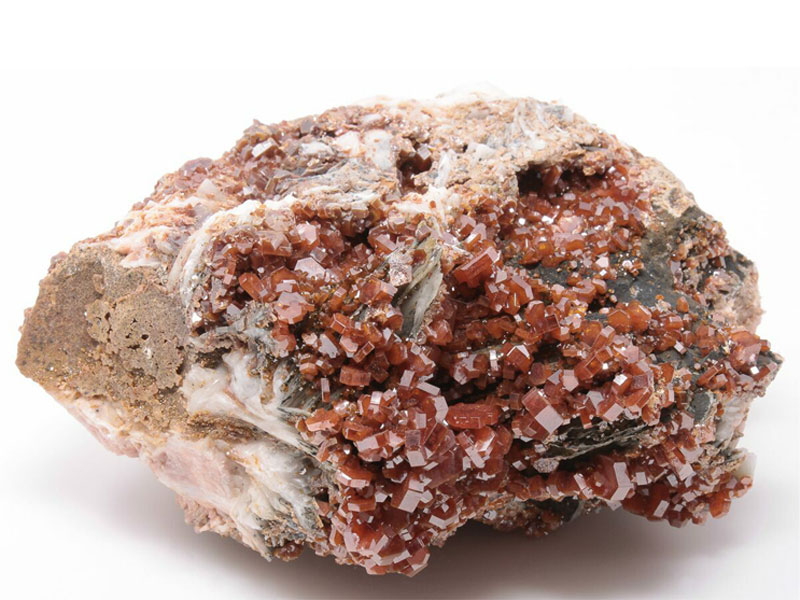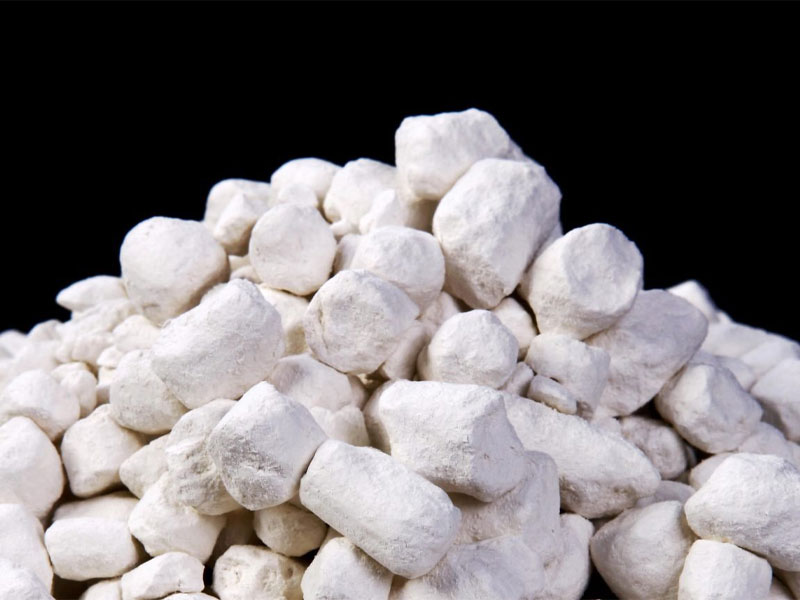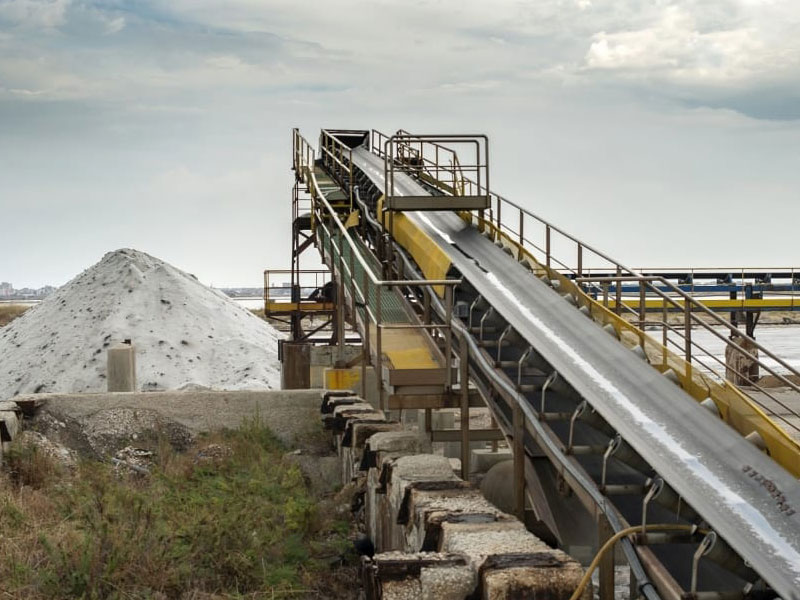As you traverse the world of construction and road building, you’ll often encounter terms like asphalt and bitumen. These materials play vital roles in creating durable and smooth surfaces, but what exactly sets them apart? In this comprehensive guide, we’ll dive into the intricacies of asphalt and bitumen, shedding light on their unique characteristics, applications, and benefits.
Read More: Bitumen
Introduction
At first glance, asphalt and bitumen might appear synonymous, but a closer look reveals distinct differences that influence their utility in various construction projects. Both substances are crucial in paving roads, walkways, and other surfaces, yet they have unique properties that cater to specific needs.
Composition and Properties
Asphalt: Asphalt is a composite material comprising aggregates like sand, gravel, and stone, mixed with a binder and then compacted. The binder, often referred to as bitumen, holds the aggregates together, providing strength and durability to the final product.
Bitumen: Bitumen, on the other hand, is a sticky, black, viscous substance derived from crude oil. It is the primary binding agent in asphalt and possesses water-resistant and adhesive properties.
Production Process
Asphalt: The production of asphalt involves heating the aggregates and mixing them with hot bitumen. This mixture is then laid and compacted to create a robust road surface.
Bitumen: Bitumen is obtained through a process called fractional distillation of crude oil. The thick, heavy residue left behind after the lighter components evaporate is bitumen. It is then further refined to meet specific requirements.
Read More: Kaolin
Applications
Asphalt: Asphalt finds extensive use in road construction, parking lots, and driveways due to its durability and ability to withstand heavy traffic loads.
Bitumen: Bitumen serves as a binding agent in asphalt, making it an indispensable component in road and runway construction. It also finds applications in roofing and waterproofing.
Durability and Performance
Asphalt: Asphalt surfaces are renowned for their exceptional durability, capable of enduring harsh weather conditions and heavy vehicular traffic.
Bitumen: Bitumen enhances the longevity of asphalt surfaces by providing flexibility and preventing cracks. It contributes to the overall strength of the pavement.
Environmental Impact
Asphalt: The production of asphalt involves high energy consumption, and its application may result in emissions of volatile organic compounds.
Bitumen: Bitumen’s extraction and production also have environmental implications, but advancements in technology are working toward reducing its ecological footprint.
Maintenance and Repair
Asphalt: Asphalt requires regular maintenance, including seal coating and periodic resurfacing, to extend its lifespan.
Bitumen: Bitumen’s adhesive properties simplify repairs, enabling localized fixes to damaged sections of the pavement.
Read More: Wikipedia
Cost Considerations
Asphalt: Initial construction costs of asphalt roads are generally lower than other alternatives, but ongoing maintenance expenses should be factored in.
Bitumen: Bitumen’s durability can lead to cost savings over time, as fewer repairs and replacements are necessary.
Safety Measures
Asphalt: Proper drainage systems are crucial for preventing water damage and maintaining skid resistance on asphalt surfaces.
Bitumen: Bitumen’s water-resistant properties contribute to safer driving conditions during wet weather.
Innovation and Future Prospects
The construction industry continues to explore innovative techniques to enhance the performance of both asphalt and bitumen. Research focuses on improving sustainability, durability, and the overall environmental impact of these materials.
Read More: UREA
Conclusion
In the asphalt vs. bitumen debate, both materials play indispensable roles in modern construction. While asphalt provides the durable and smooth surfaces we rely on, bitumen’s binding properties ensure these surfaces remain intact over time. Choosing between the two depends on the specific requirements of the project and a consideration of factors like durability, cost, and environmental impact.


